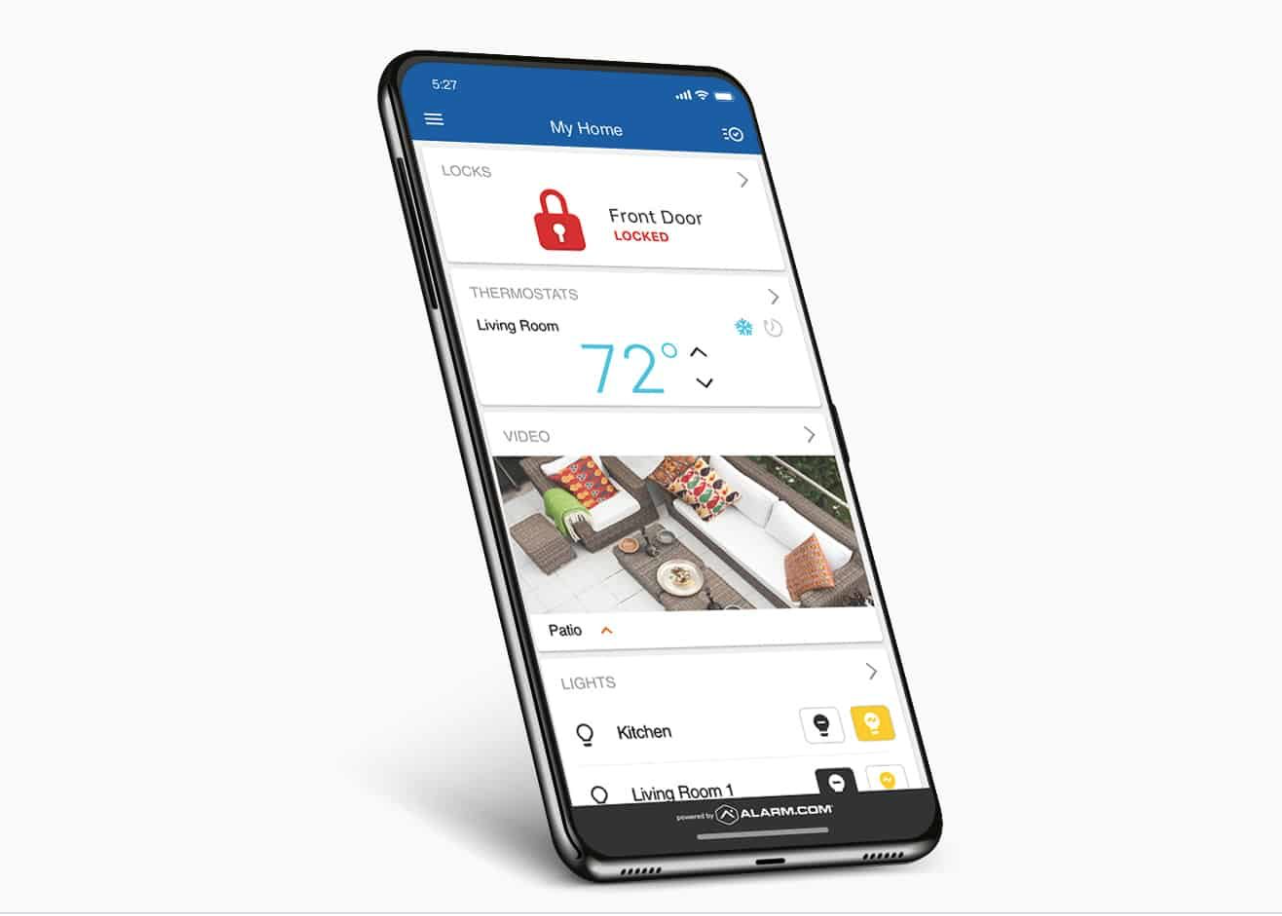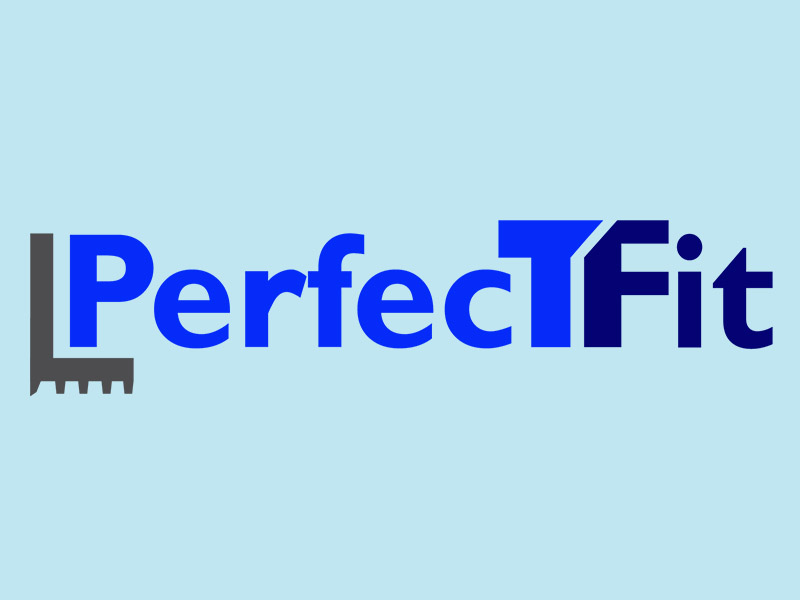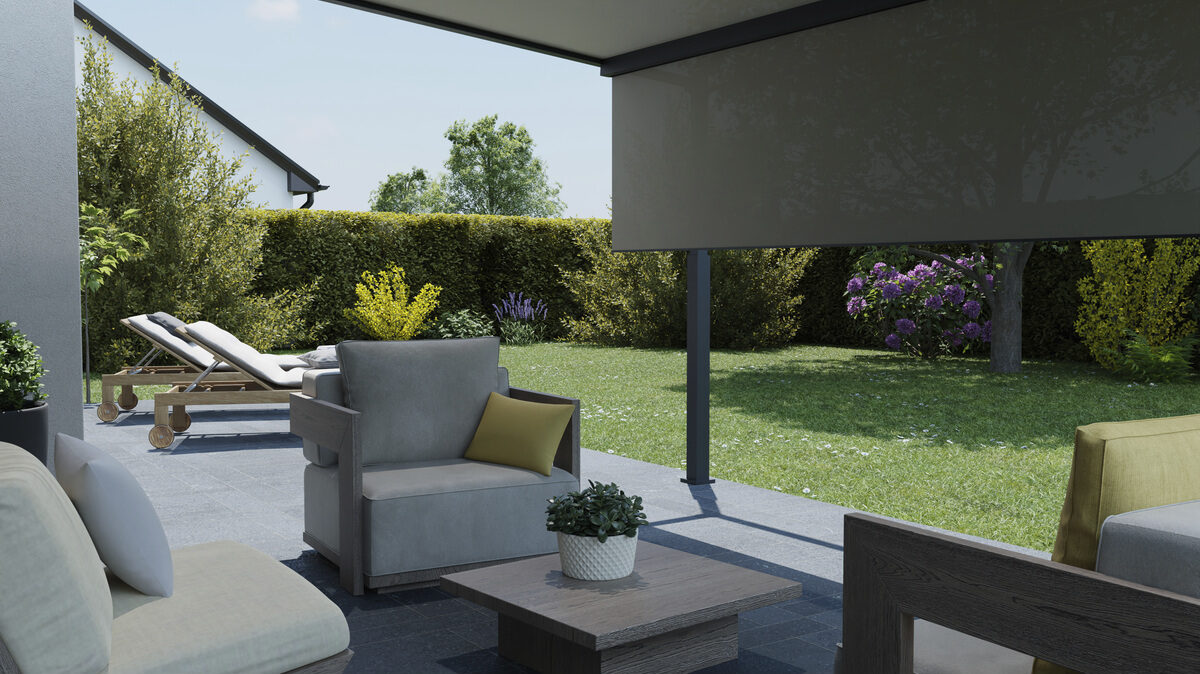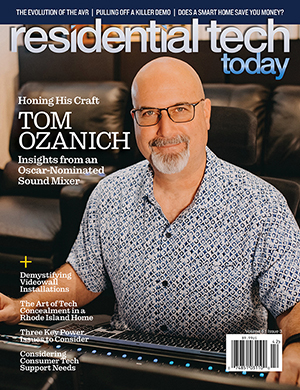Property managers are reacting to the work-from-anywhere trend by adopting new smart tech.
We’re all familiar with the remote work set-up by now. After a year of Zoom meetings and using our homes as temporary offices/ schools/ gyms, our work and, importantly, living environment has changed considerably. Thanks to advances in technology, we’ve adapted to this new set up, and now relish the flexibility of remote working and the benefits it brings in terms of work/ life balance. Realizing that it is now possible to work from anywhere, many are seizing the opportunity to travel and choosing to live as digital nomads.
[Check Out: Top 5 Myths About Smart Home Technology]
81 percent of respondents in the latest survey by short-term rental booking platform, Leavetown.com, think they will continue to work remotely post pandemic at least part of the time – with 45 percent agreeing that they will continue to work remotely most of the time. So, as we emerge from the pandemic crisis, it’s clear that the trend for remote working is here to stay in some shape or form.
Here we explore the smart home tech behind flexible living in the short-term rental marketplace, and how to capitalize on the opportunity this presents.
Benefits of Smart Home Automation in Short-Term Rentals
Smart home tech is booming. Fueled by the demand for flexible living and the new tide of digital nomads. These changing traveler needs and expectations around operational standards have led to a wave of professionalization across the vacation rental market as property managers adapt to get on board with trends that are fast becoming guest expectations around services and amenities.
Recent developments in smart property automation are helping property managers operate more efficiently through a wide range of innovative applications. Direct-to-home check-in/-out and keyless curb-to-couch access enable guests to enjoy a socially distanced stay and avoid unnecessary logistics, while temperature control devices and optimized internet connectivity ensure guest comfort and satisfaction – factors that are all the more important for longer stays, combining work with travel.
From the owner/manager perspective, adoption of smart tech means greater asset protection and operational efficiencies (increased safety with no floating keys, cost savings via water leak detection, and the list goes on). HVAC analytics, which monitor and report on overuse and water damage and help safeguard the property out of season, protects the property’s assets as well as addressing issues of sustainability and productivity – all of which impacts the bottom line.
With the right systems in place, savings of up to 23 percent on heating and cooling are achievable. Meanwhile, keyless work orders mean that problems can be dealt with proactively, and maintenance can be carried out during a turn without disturbing the guest in the home.
Property Managers Standing Out Against Competition
Smart home technology certainly has the potential to be a real differentiating factor for a property manager wanting to stand out in a competitive marketplace. For the growing numbers of digitally native Millennial and Gen X travelers, smart home tech is no longer a nice to have, but a hygiene factor. These travelers demand a higher level of digital functionality throughout their travel experience (from booking to stay). What’s more is that they want this technology to be as invisible as possible. The technology must be reliable and simple to use without dominating the guest experience. Multiple apps, downloads and logins serve only to frustrate.
How to Build a Techstack to Capitalize on Demand for Flexible Living
There are many smart technologies that managers of short-term rental properties (and their guests) could benefit from if adopted correctly. Here’s a list of the top features that should be considered by property managers:
- Keyless locks: Direct-to-home check-ins save time and money and improve safety. No more concerns over floating keys, digital keys can be turned on and off easily, give a full event history, and can be given to service personnel and delivery drivers to provide guests and owners with greater convenience.
- Connected thermostats: Ensures guest comfort and saves the owner money on heating/ cooling when the property isn’t in use.
- Operational tech platforms: Regulates and monitors property cleaning/ housekeeping and maintenance to ensure the highest standards for guests.
- Water sensors: Prevents costly flooding and water damage via leak monitoring.
- Pool control: Means that the pool and spa heating system only run when there is a paying guest in the property.
- Noise monitors: Keeps community relations friendly via noise alerts to the property manager.
- Monitored life safety: Protects the property and guest from burglary, smoke and CO threats.
- Lighting control: Drives efficiencies throughout the home by turning off lights when the property is empty or a room is vacated. A connected porch light adds a safe welcome when a guest shows up late.
- Voice assistant / connected speakers: A final touch of connected tech to delight digitally savvy guests!
Tech has the Final Word
Flexible living is changing the vacation rental landscape. Today’s digital nomad demands a sophisticated, tech-enabled working and living environment. Property managers and owners who are open to tech adoption can seize the opportunity to capitalize on this demand and attract the new wave of nomadic work travelers.
Tech solutions can help transform short-term rental properties into state-of-the-art smart apartments and connected communities. It’s all about taking advantage of innovations in technology to create a comfortable, safe and productive working and living environment.






![ecobee premium airzone control The ecobee Smart Thermostat Premium. [Photo credit | ecobee]](https://restechtoday.com/wp-content/uploads/2025/06/ecobee-premium.jpg)
![Hub 3_02 The SwitchBot Hub 3 provides a user-friendly solution to the growing complexity of modern smart homes. [Photo credit | SwitchBot]](https://restechtoday.com/wp-content/uploads/2025/06/Hub-3_02-scaled-e1750179791687.png)
